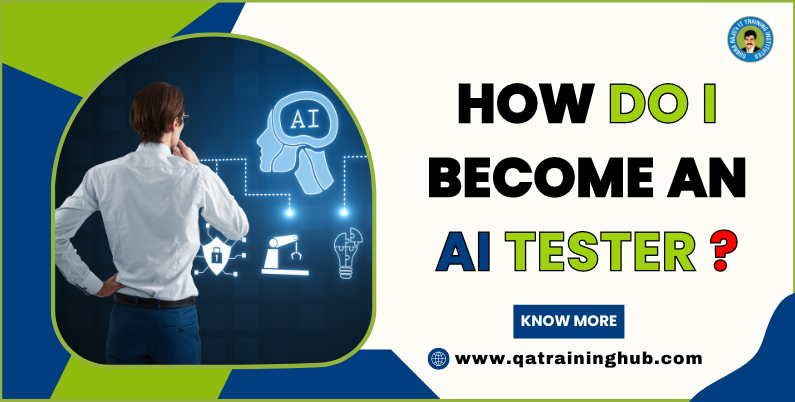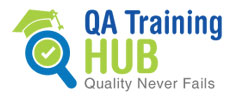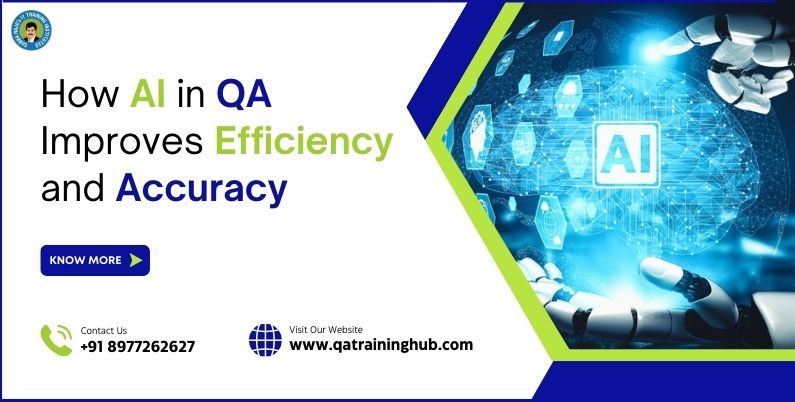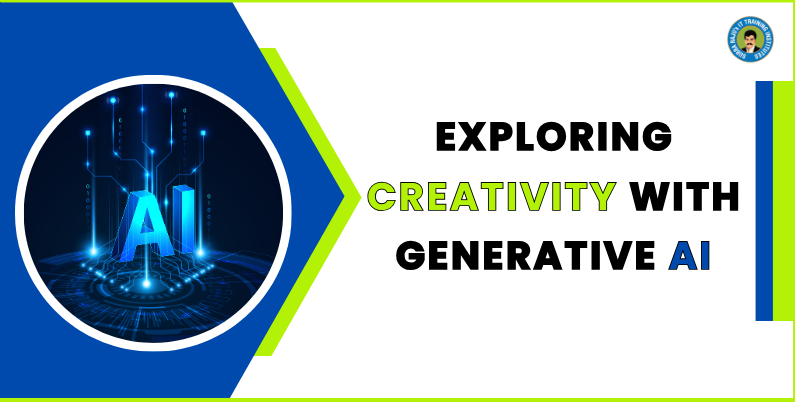
A Comprehensive Guide: How to Become an AI Tester
Artificial Intelligence (AI) has become an integral part of our lives and increasingly spreading across various industries, revolutionizing the way we live, work, and interact with technology. However, with the increasing complexity of AI technologies, the need for rigorous testing has never been more crucial. AI testers play a vital role in ensuring that these systems function accurately, efficiently, and ethically. If you’re interested by the intersection of technology and quality assurance and aspire to pursue a career in AI testing, you’re in the right spot. In this detailed guide, we’ll explore the necessary steps you need to take how to become an AI tester.
Understanding the Role of an AI Tester
Before you begin your path towards becoming an AI tester, it’s essential to understand the responsibilities and skill set required for the role. AI testers are responsible for evaluating the performance, dependability, and safety of AI systems. Their primary objective is to identify and rectify any flaws or errors in the AI algorithms to ensure optimal performance.
Key responsibilities of an AI tester include:
Test Planning: Creating test plans and strategies for evaluating AI systems, including defining test objectives, selecting suitable testing methods, and identifying test scenarios.
Test Execution: Performing various types of tests, such as functional testing, regression testing, performance testing, and usability testing, to evaluate the behaviour and performance of AI algorithms and models.
Defect Identification: Identifying and documenting defects, irregularities, or inconsistencies in AI systems and working closely with developers to rectify and resolve them.
Data Quality Assurance: Ensuring the quality, consistency, and relevance of data used for training and testing AI models, which involves tasks like collecting, preprocessing, and validating data.
Ethical and Bias Testing: Assessing AI systems for ethical considerations and potential biases to make sure they follow ethical standards and encourage inclusivity and diversity.
Collaboration: Collaborating with diverse teams, including developers, data scientists, and domain experts, to understand requirements, validate assumptions, and align testing efforts with project goals.
Documentation and Reporting: Documenting test methods, results, and suggestions in clear and brief reports for stakeholders.
Skills and Qualifications Required
Becoming an AI tester requires a combination of technical skills, domain knowledge, and practical experience in both software testing and artificial intelligence. Here’s a step-by-step guide to help you become an AI tester:
Learn Software Testing Fundamentals: Start by gaining a solid understanding of software testing principles, methodologies, and techniques. Get to know various testing methods, such as functional testing, regression testing, performance testing, and security testing.
Acquire Programming Skills: Become proficiency in programming languages commonly used in software testing, such as Python, Java, or JavaScript. You’ll need to write test scripts, automate test cases, and analyse test results using programming languages and testing frameworks.
Study Artificial Intelligence Concepts: Learn the fundamentals of artificial intelligence, including machine learning, deep learning, natural language processing (NLP), and computer vision. Understand how AI algorithms work, their applications in software testing, and common AI testing tools and frameworks.
Explore AI Testing Tools and Frameworks: Become familiar with AI-driven testing tools and frameworks utilised for automating tests, predictive analytics, and generating intelligent test cases. Examples include Applitools, Testim, Functionize, and Eggplant AI.
Gain Practical Experience: Put your knowledge and skills into practice by engaging in real-world projects through internships, freelance work, or open-source contributions . Practise writing test scripts, automating test cases, and analysing test results using AI-driven testing tools and frameworks.
Specialise in AI Testing: Consider specialising in particular areas of AI testing, such as natural language processing (NLP) testing, computer vision testing, or AI-driven test automation. Develop proficiency in testing AI-powered applications and systems, including chatbots, recommendation engines, and image recognition systems.
Stay Updated: Stay updated on the latest developments, trends, and best practices in both software testing and artificial intelligence. Participate in conferences, workshops, webinars, and online courses to enhance your knowledge and connect with professionals in the field.
Build a Portfolio: Showcase your skills and expertise by creating a portfolio of projects, case studies, and research papers related to AI testing. Use this portfolio to highlight your contributions, achievements, and learnings to demonstrate your qualifications to potential employers or clients.
Network and Collaborate: Engage with professional associations, forums, and online communities related to software testing, AI, and QA automation. connect with industry experts, share knowledge, and participate in collaborative projects to grow your professional connections and enhance your career opportunities.
Certifications and Professional Development
Obtaining relevant certifications and engaging in ongoing professional development activities can strengthen your expertise and showcase your dedication to excellence in AI testing .Here are some certifications and professional development opportunities to consider:
ISTQB Certified Tester: The International Software Testing Qualifications Board (ISTQB) offers certifications in software testing, including the Certified Tester Foundation Level (CTFL) and Advanced Level certifications, which cover various aspects of software testing, including AI testing.
Certified AI Professional: Several organisations offer certifications specifically.
Conclusion:
QA TrainingHub is a leading platform providing comprehensive training courses for individuals aspiring to become proficient AI testers. Our courses are designed to equip you with the essential skills, knowledge, and hands-on experience needed to succeed in this dynamic field. By following the steps of how to become an AI tester and continuously learning and adapting to new technologies and methodologies, you can become a proficient AI tester and build a rewarding career in the field of software testing and artificial intelligence.From understanding the role and responsibilities to acquiring the necessary technical and soft skills, we’ve provided a pathway to help you succeed in this exciting and rapidly progressing field.
At QA TrainingHub, we are committed to supporting your professional growth at every stage. Whether you’re a recent graduate looking to enter the field or an experienced professional aiming to switch into AI testing, our expert instructors and comprehensive curriculum will empower you to achieve your goals.
Join QA TrainingHub today and take the first step towards a fulfilling career in AI testing. With our guidelines and support, learn how to become an AI tester and become a proficient AI tester, and make a meaningful impact in the world of artificial intelligence.
FAQ’s:
Q : What is an AI tester, and what do they do?
A : AI tester is a professional responsible for evaluating and assessing AI systems to ensure their reliability, accuracy, and safety. They conduct various tests, identify defects, and collaborate with developers to address issues.
Q : What skills are required to become an AI tester?
A : Essential skills include understanding AI concepts, programming proficiency (e.g., Python), statistical knowledge, testing techniques, data analysis skills, critical thinking, and effective communication.
Q : Are there any certifications for AI testing?
A : Yes, certifications such as ISTQB Certified Tester and Certified AI Professional can validate your expertise in software testing and AI-specific skills.
Q : How can I stay updated with the latest developments in AI testing?
A : Enroll in online courses, attend workshops or conferences, participate in professional development programs, and follow industry experts and publications to stay informed about emerging trends and technologies.
Q : What challenges do AI testers face in their work?
A : Challenges include dealing with complex AI algorithms, ensuring test coverage across various scenarios, detecting biases and ethical concerns, interpreting test results, and keeping pace with rapid advancements in AI technology.







